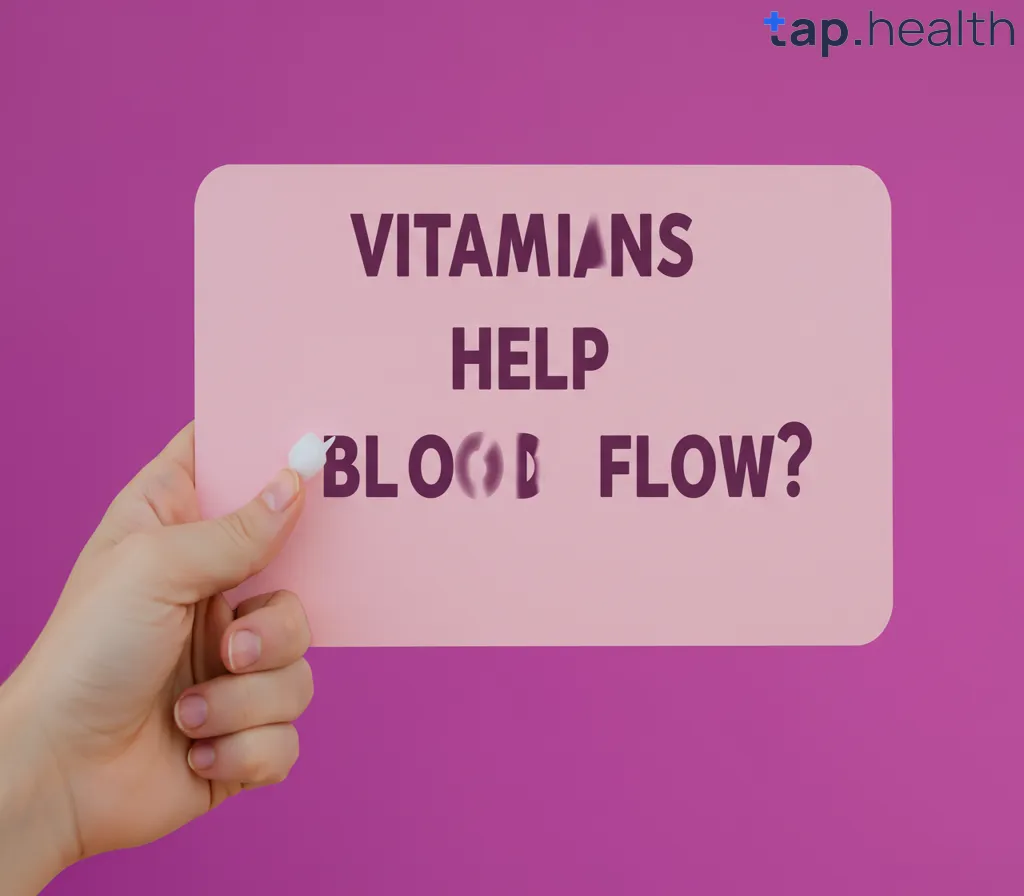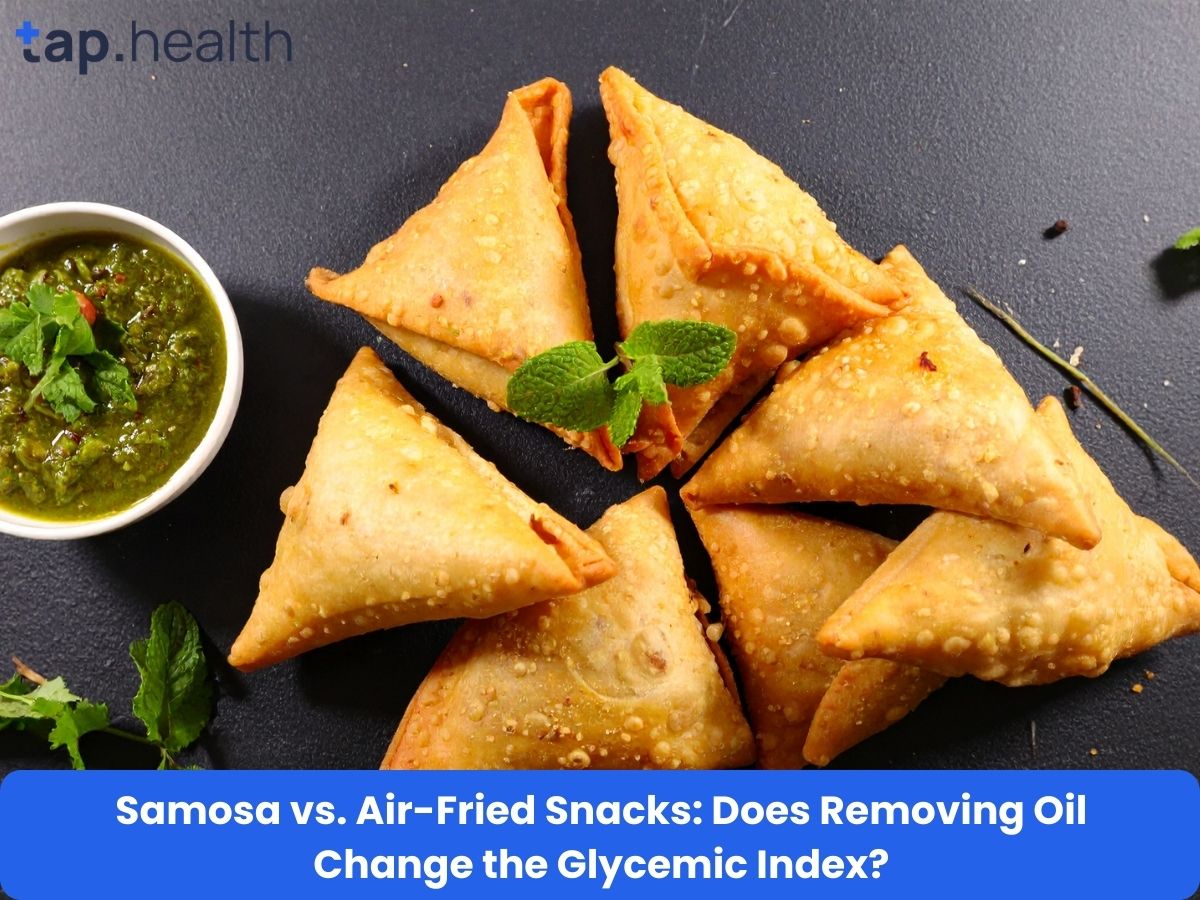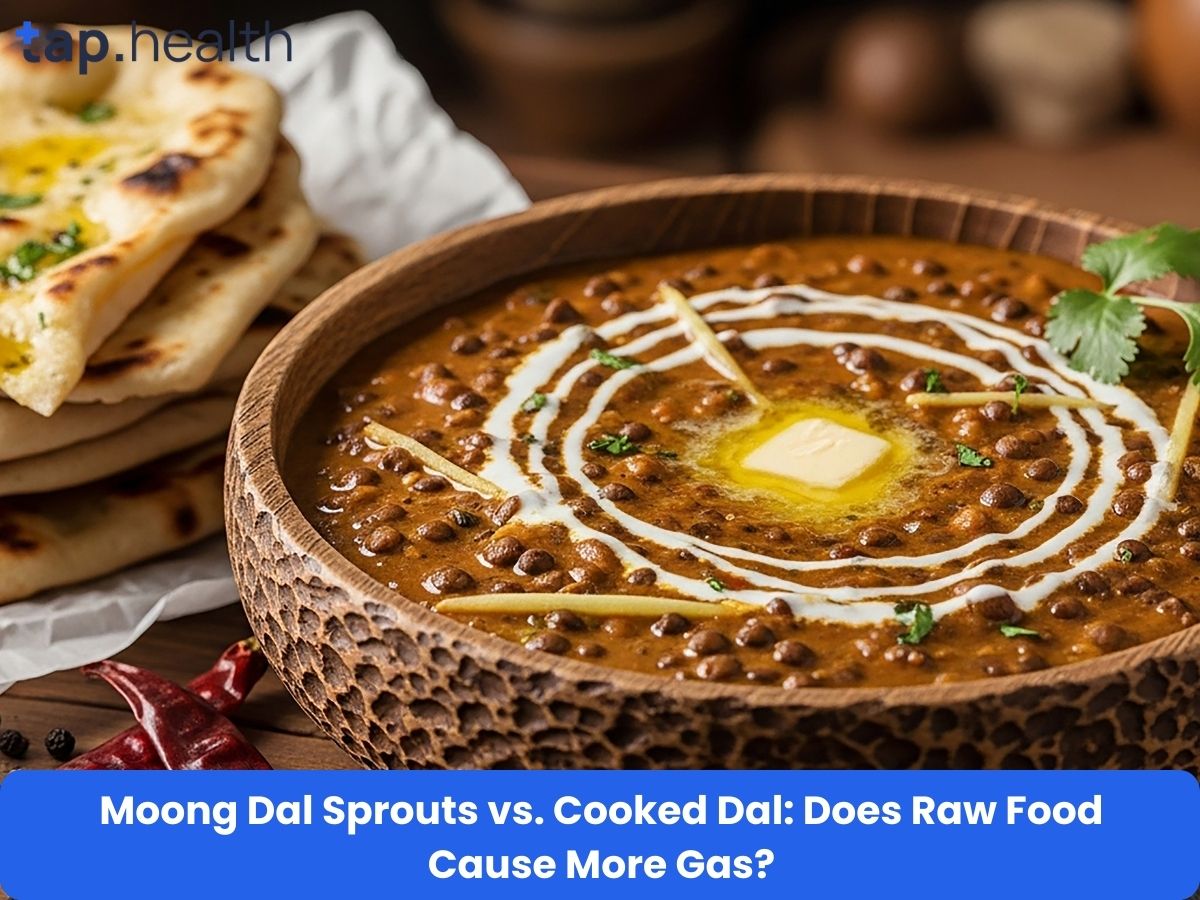Healthy blood flow is essential for overall well-being. It ensures that oxygen and nutrients reach every part of your body, supports your immune system, and helps remove waste products. Without proper circulation, your body can suffer from conditions like fatigue, numbness, varicose veins, and even more serious heart or vascular issues.
Did you know that certain vitamins play a significant role in improving blood flow? Yes, they do! In this blog, we’ll explore the top vitamins that can help support healthy circulation, why they work, and how to include them in your diet.
Why is Good Blood Flow Important?
Blood flow refers to the movement of blood through the blood vessels to deliver essential nutrients, oxygen, and hormones throughout your body. Efficient circulation helps:
- Maintain healthy blood pressure.
- Provide oxygen to tissues and organs.
- Remove waste like carbon dioxide and urea.
- Ensure nutrient delivery for energy production and healing.
Without proper blood circulation, organs like the brain, heart, and kidneys would struggle to get the nutrients they need. That’s why improving blood flow is crucial for maintaining overall health, energy, and vitality.
What Vitamins Help Blood Flow?
Certain vitamins can improve blood flow by dilating blood vessels, preventing clotting, strengthening blood vessels, and reducing inflammation. Let’s look at some of the most important vitamins that help with circulation:
1. Vitamin B12: Supports Healthy Blood Cells
Vitamin B12 is essential for the production of red blood cells, which carry oxygen throughout the body. A lack of B12 can lead to anemia, which reduces the number of red blood cells in circulation, making it harder for your body to get enough oxygen.
How Vitamin B12 Helps Blood Flow:
- Promotes Red Blood Cell Production: Vitamin B12 supports the production of red blood cells, ensuring that your blood can carry oxygen effectively.
- Prevents Anemia: Low levels of B12 can lead to pernicious anemia, which reduces your body’s ability to produce red blood cells, leading to fatigue and poor circulation.
- Improves Nerve Function: Vitamin B12 is important for the health of your nerves. Nerve health is vital for proper blood flow regulation and controlling the dilation and constriction of blood vessels.
Vitamin B12 Sources:
- Meat (especially liver)
- Fish (salmon, tuna)
- Eggs and dairy products
- Fortified cereals and plant-based milks
- Supplements, especially for those with vitamin B12 deficiency
2. Vitamin C: Strengthens Blood Vessels
Vitamin C, also known as ascorbic acid, is a potent antioxidant that helps strengthen blood vessels, improve circulation, and enhance the body’s ability to repair tissues. It also supports the production of collagen, a protein that makes up the walls of blood vessels and tissues.
How Vitamin C Helps Blood Flow:
- Supports Blood Vessel Health: Vitamin C strengthens the endothelial cells in blood vessels, improving their ability to expand and contract, which helps with better blood flow.
- Boosts Collagen Production: Collagen is a major component of blood vessel walls, and vitamin C plays a key role in its production. Stronger blood vessels mean better circulation.
- Reduces Inflammation: Vitamin C has anti-inflammatory properties that help reduce swelling in blood vessels, making it easier for blood to flow.
Vitamin C Sources:
- Citrus fruits (oranges, lemons, grapefruits)
- Berries (strawberries, raspberries, blueberries)
- Red and green peppers
- Broccoli, spinach, and kale
- Supplements for those who don’t get enough vitamin C from food
3. Vitamin E: Antioxidant Power for Circulation
Vitamin E is a powerful antioxidant that helps protect blood vessels from oxidative stress, preventing damage and supporting healthy circulation. It also plays a role in preventing blood clotting, which is important for maintaining smooth blood flow.
How Vitamin E Helps Blood Flow:
- Prevents Blood Clotting: Vitamin E inhibits platelet aggregation (clumping of blood cells), which helps prevent unwanted blood clots that can block blood flow.
- Improves Blood Vessel Function: As an antioxidant, vitamin E helps maintain the integrity of blood vessels, preventing damage caused by free radicals and supporting healthy circulation.
- Enhances Nitric Oxide Production: Vitamin E helps improve nitric oxide levels in the blood, which dilates blood vessels and improves blood flow.
Vitamin E Sources:
- Nuts and seeds (almonds, sunflower seeds, hazelnuts)
- Vegetable oils (sunflower oil, olive oil)
- Leafy greens (spinach, kale)
- Fortified cereals and other processed foods
- Supplements for those with a deficiency
4. Vitamin K2: Supports Arterial Health
Vitamin K2 plays an essential role in cardiovascular health. It helps regulate calcium deposition in blood vessels, preventing arterial stiffness, which can restrict blood flow. Vitamin K2 activates proteins that guide calcium to the bones instead of building up in the arteries.
How Vitamin K2 Helps Blood Flow:
- Prevents Arterial Calcification: Vitamin K2 helps prevent calcium from accumulating in the arteries, which can reduce the flexibility of blood vessels and impair circulation.
- Supports Healthy Blood Vessels: By ensuring proper calcium regulation, vitamin K2 helps maintain the elasticity of blood vessels, allowing for better blood flow.
- Regulates Blood Pressure: Vitamin K2’s effect on calcium metabolism helps regulate blood pressure, preventing issues related to poor circulation.
Vitamin K2 Sources:
- Natto (fermented soybeans)
- Animal products (egg yolks, liver, cheese, and meat)
- Sauerkraut and other fermented vegetables
- Supplements for individuals who don’t get enough vitamin K2 in their diet
5. Vitamin A: Supports Endothelial Function
Vitamin A is essential for maintaining the health of the endothelium, the inner lining of blood vessels. Healthy endothelial cells help regulate blood vessel constriction and dilation, both of which are vital for proper blood flow.
How Vitamin A Helps Blood Flow:
- Supports Endothelial Health: Vitamin A promotes the health of the endothelium, ensuring that blood vessels function properly.
- Improves Nitric Oxide Synthesis: Vitamin A helps increase the production of nitric oxide, a molecule that dilates blood vessels and improves circulation.
- Reduces Inflammation: Vitamin A has anti-inflammatory properties that help reduce swelling in blood vessels, making it easier for blood to flow.
Vitamin A Sources:
- Carrots, sweet potatoes, and pumpkins (rich in beta-carotene)
- Liver and fish
- Dark leafy greens
- Red bell peppers
- Supplements for those who are deficient
How to Incorporate These Vitamins into Your Diet
The best way to boost your blood flow through vitamins is by including nutrient-dense foods in your diet. Here’s how to make sure you’re getting the right vitamins:
1. Increase Vitamin B12 Intake
- Eat animal-based foods like meat, fish, eggs, and dairy.
- Consider fortified foods if you’re vegetarian or vegan, such as fortified cereals or plant-based milks.
2. Boost Vitamin C Levels
- Enjoy citrus fruits, such as oranges, grapefruits, and lemons.
- Add berries, bell peppers, and dark leafy greens to your meals.
- Consider supplements if you don’t get enough from food.
3. Get More Vitamin E
- Snack on nuts and seeds, including almonds and sunflower seeds.
- Use vegetable oils like olive oil for cooking.
- Incorporate leafy greens like spinach and kale into your meals.
4. Include Vitamin K2-Rich Foods
- Add fermented foods like natto, sauerkraut, and kefir to your diet.
- Consume animal products like egg yolks, cheese, and organ meats.
- Consider supplements if your diet is lacking in vitamin K2.
5. Eat Vitamin A-Rich Foods
- Eat orange-colored vegetables like carrots, sweet potatoes, and pumpkins.
- Include dark leafy greens and red bell peppers in your meals.
- Consider liver or fish for a natural source of vitamin A.
Lifestyle Tips to Improve Blood Flow
While vitamins are crucial for improving circulation, maintaining good blood flow also requires a healthy lifestyle. Here are some tips to support circulation:
1. Exercise Regularly
- Regular exercise helps improve circulation by strengthening the heart and improving blood vessel function. Cardiovascular exercises like walking, running, swimming, and cycling are particularly beneficial.
2. Stay Hydrated
- Drinking enough water helps thin the blood, making it easier for the heart to pump blood and improve circulation.
3. Avoid Smoking
- Smoking damages blood vessels, reducing circulation and increasing the risk of clotting. Quitting smoking can improve circulation significantly.
4. Maintain a Healthy Diet
- Eat a balanced diet rich in fruits, vegetables, whole grains, lean proteins, and healthy fats. Avoid foods high in sodium, saturated fats, and refined sugars, which can contribute to poor circulation.
5. Manage Stress
- Chronic stress can cause blood vessels to constrict, impairing circulation. Practice stress management techniques like yoga, deep breathing, or meditation to promote healthy blood flow.
Frequently Asked Questions (FAQs) on What Vitamins Help Blood Flow?
1. What are the best vitamins for improving blood flow?
The best vitamins for improving blood flow are vitamin B12, vitamin C, vitamin E, vitamin K2, and vitamin A. These vitamins help strengthen blood vessels, reduce inflammation, and improve circulation.
2. How can I improve blood flow naturally?
You can improve blood flow naturally by eating a diet rich in circulation-boosting vitamins, exercising regularly, staying hydrated, and managing stress. Avoid smoking and maintain a healthy lifestyle to support circulation.
3. What vitamin is best for veins and circulation?
Vitamin C is excellent for veins and circulation as it strengthens blood vessel walls and improves the health of endothelial cells. Vitamin E also helps by preventing blood clots and improving blood vessel function.
4. Can vitamin K2 help with circulation?
Yes, vitamin K2 helps with circulation by preventing arterial calcification and ensuring calcium is directed to the bones, not the arteries. This supports healthy blood flow and reduces the risk of cardiovascular issues.
5. Is vitamin B12 good for circulation?
Yes, vitamin B12 is crucial for the production of red blood cells, which are responsible for transporting oxygen throughout the body. It also supports nerve function, which helps regulate blood flow.
Conclusion
Good blood flow is essential for overall health, and certain vitamins can play a key role in improving circulation. Vitamins B12, C, E, K2, and A are all crucial for strengthening blood vessels, improving heart health, and supporting healthy circulation. Incorporating these vitamins into your diet, along with a healthy lifestyle, can help promote optimal blood flow and prevent circulation-related issues.



